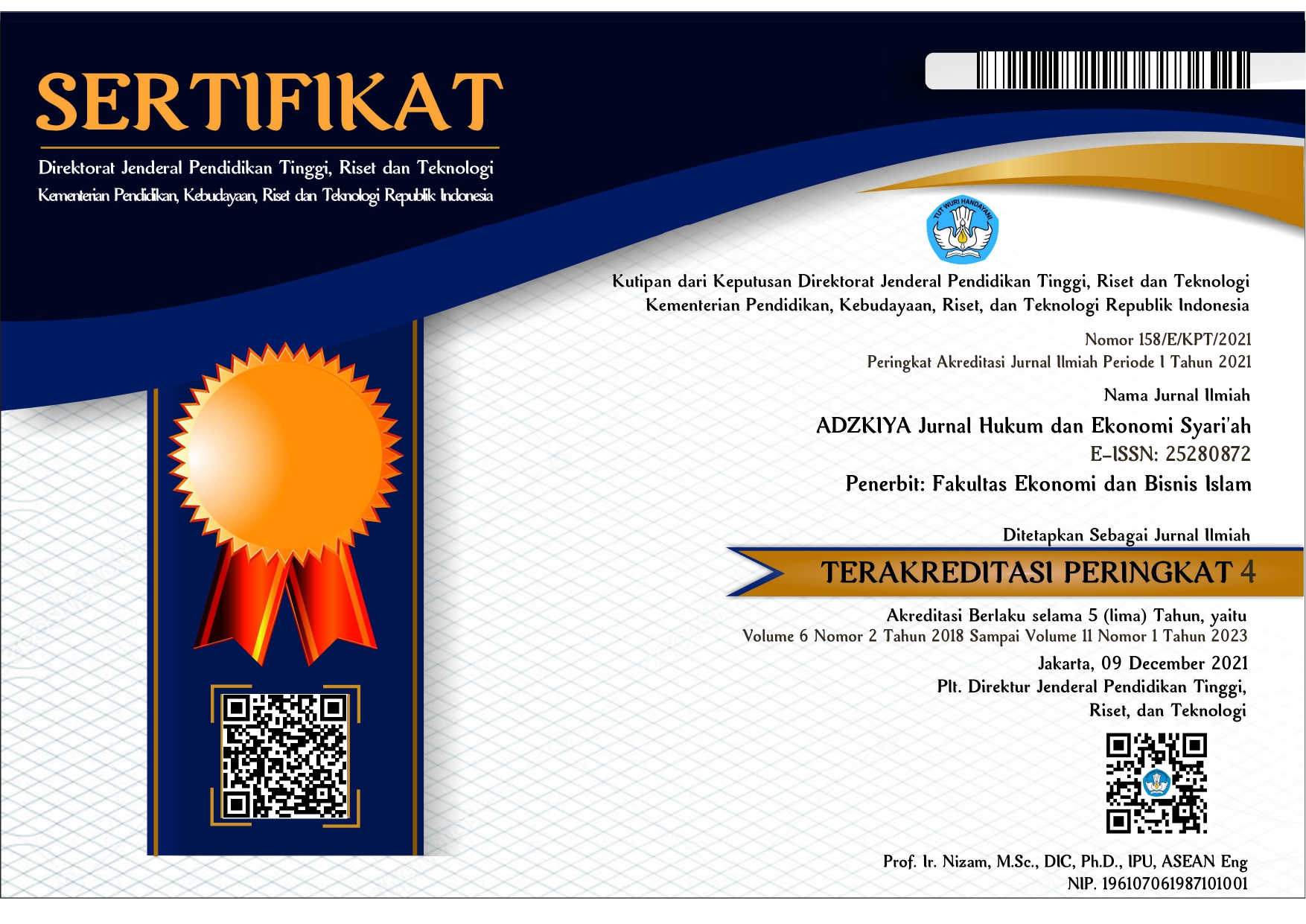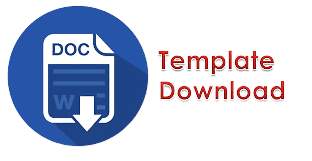Examining the Wages of Loading and Unloading Laborers from a Sharia Economic Law Perspective
DOI:
https://doi.org/10.32332/77qcth63Keywords:
Islamic economic law, worker wages, cooperative TKBMAbstract
The wages of workers involved in the loading and unloading of goods at Panjang Port, Bandar Lampung City, are the subject of review within the framework of sharia economic law. This research aims to evaluate the wage system's compliance with Islamic economic principles, with a focus on justice, welfare and protection of workers. This research uses a qualitative approach by analysing literature related to Sharia economic principles and Islamic labour law. Data was also collected through interviews with workers, entrepreneurs and legal experts to understand wage implementation in the port context. The results of the analysis show that the wage system at Panjang Port does not fully comply with Sharia economic principles. Although there are efforts to ensure fairness and worker welfare, there is still a need to increase transparency, worker participation in wage setting, and protection of worker rights in accordance with Islamic teachings. In conclusion, reform is needed in the wage system to ensure compliance with sharia economic principles and the welfare of the people
References
Abasi, M. (2024). Penyelesaian Sengketa Wakaf di Kotamobagu: Analisis dan Prospek. Journal of Islamic Economics Law, 4 (1), 30–43.
Abdur Rahman al-Jaziri. (2001). Kitab al-Fiqh `ala al-Mazahib al-Arba`ah. Dar Ihya al-Turats al-`Arabiy.
Anis, M., & Haryanto, R. (2023). Analisis Sistem Pengupahan Karyawan di Koperasi Syariah Walisongo Sampang dalam Pandangan Ekonomi Islam. El-Jizya : Jurnal Ekonomi Islam, 11(2), 177–196.
Chapra, M. U. (2016). The Future of Economics An Islamic Perspective. The Islamic Foundation.
Ferricha, D. (2015). Peninjauan Upah Hukum Positif Perspektif Doktrin Ekonomi Islam Mengenai Upah Syariah.
Ghofur, R. A. (2020). Konsep Upah Dalam Ekonomi Islam. Arjasa Pratama.
Irfan Syah, M., Piranda, K., & Rizki Anes, M. (2024). Analisis Peran Zakat dan Wakaf dalam Pemberdayaan Ekonomi Masyarakat dalam Prespektif Ekonomi Islam. Neraca Manajemen, Ekonomi, 5.
Moleong, L. J. (2007). Metodologi penelitian kualitatif edisi revisi.
Munandar, A., & Hasan Ridwan, A. (n.d.). Keadilan Sebagai Prinsip dalam Ekonomi Syariah Serta Aplikasinya Pada Mudharabah. In Jurnal Kajian Ekonomi Islam (Vol. 7, Issue 1).
Nasrullah, M., Okvi Maharani, Abdul Rohman, Eni Fariyatul Fahyuni, Nurdyansyah, & Sri Untari, R. (2023). Metodologi Penelitian Pendidikan (Prosedur Penelitian, Subyek Penelitian, dan Pengembangan Teknik Pengumpulan Data). Umsida Press.
Nurasari, & Yati, A. (2023). Tinjauan Hukum Ekonomi Syariah dan Peraturan Pemerintah Nomor 36 Tahun 2021 tentang Pengupahan terhadap Perhitungan Upah Pekerja Harian karena Sakit. In Iqtishad Sharia.
Nurbadruddin, M. (2024). Analisa Sengketa Atas Hukum Kontrak Hybrid (Multi Kontrak). International Jurnal of Halal Economic, 1(1).
Pitri, Risna, Dewi, Siregar, I., & Purnomo, B. (2023). Kontribusi Pelabuhan Talang Duku Terhadap Sektor Perekonomian Masyarakat Kabupaten Muaro Jambi. Journal of Indonesian History.
Siddiqi, M. N. (2006). Islamic Banking And Finance In Theory And Practice: A Survey Of State Of The Art. Islamic Economic Studies, 13(2).
Supiana, S., Hermawan, A. H., & Wahyuni, A. (2019). Manajemen Peningkatan Karakter Disiplin Peserta Didik Melalui Kegiatan Ekstrakulikuler. Jurnal Isema : Islamic Educational Management, 4(2), 193–208.
Usmani, M. T. (2016). An Introduction to Islamic Finance. Maktaba Ma’ariful Qur’an.
Waliam, A. (2017). Upah Berkeadilan Ditinjau Dari Perspektif Islam. Bisnis, 5(2).
Zulfikar, A. D., Nur Adilah, A., & Danial, M. (2019). Konsep Pertumbuhan Ekonomi dan Kesejahteraan Dalam Islam. Jurnal Iqtisaduna.
Downloads
Published
Issue
Section
License
Copyright (c) 2024 Pasca Aulia Fadhilatul Hukkam, Khoiruddin Khoiruddin, Hasanuddin Muhammad

This work is licensed under a Creative Commons Attribution-ShareAlike 4.0 International License.









